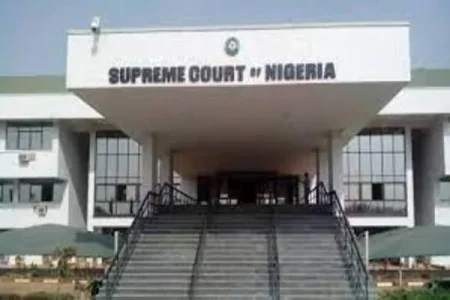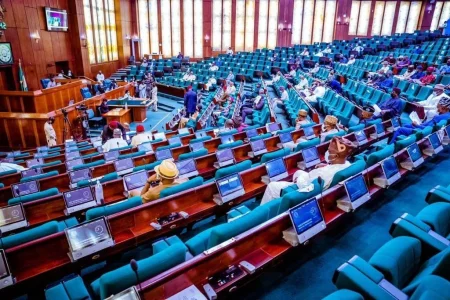
Supreme Court declares state governors' control over Local Government funds unconstitutional, mandates direct allocation. Landmark ruling aims to bolster LG autonomy amid governance reforms.
In a landmark ruling on Thursday, the Supreme Court of Nigeria declared it unconstitutional for state governors to dissolve democratically elected Local Government (LG) councils. The judgement, delivered by Justice Emmanuel Agim, emphasized that such actions by governors violate the 1999 Constitution.

Supreme Court bars governors from dissolving local councils, grants autonomy in a landmark ruling. The decision protects elected councils from arbitrary dissolution, ensuring they manage funds independently. This landmark judgment upholds constitutional rights and reshapes local governance dynamics in Nigeria.
The case was initiated by the Attorney General of the Federation (AGF), who sought to prevent governors from arbitrarily dissolving elected councils. The AGF's suit highlighted 27 grounds challenging gubernatorial interference in local governance.
Despite opposition from all 36 state governors named as defendants, the Supreme Court firmly upheld the AGF's claims, dismissing the governors' objections as unsubstantiated.
Justice Agim's lead judgment underscored the decades-long struggle for financial autonomy of Nigeria's 774 local government councils. He stressed that these councils are entitled to manage their funds independently, directing that allocations from the Federation Account must be paid directly to them, bypassing state government control.
The ruling marks a significant victory for proponents of local government autonomy, echoing recent calls supported even by President Bola Tinubu. The decision aims to curb longstanding allegations of mismanagement and financial exploitation by state governors, often accused of impeding effective local governance.
With immediate effect, the Supreme Court's directive mandates compliance across all states, effectively empowering local governments to operate autonomously and manage their affairs without undue interference.


![[VIDEO] Akwa Ibom Youths March in Uyo, Endorse Tinubu, Akpabio & Eno for 2027](/data/attachments/226/226802-7ae287459635705a15dc5102d13e160a.jpg?hash=O9Xth_4PRG)

